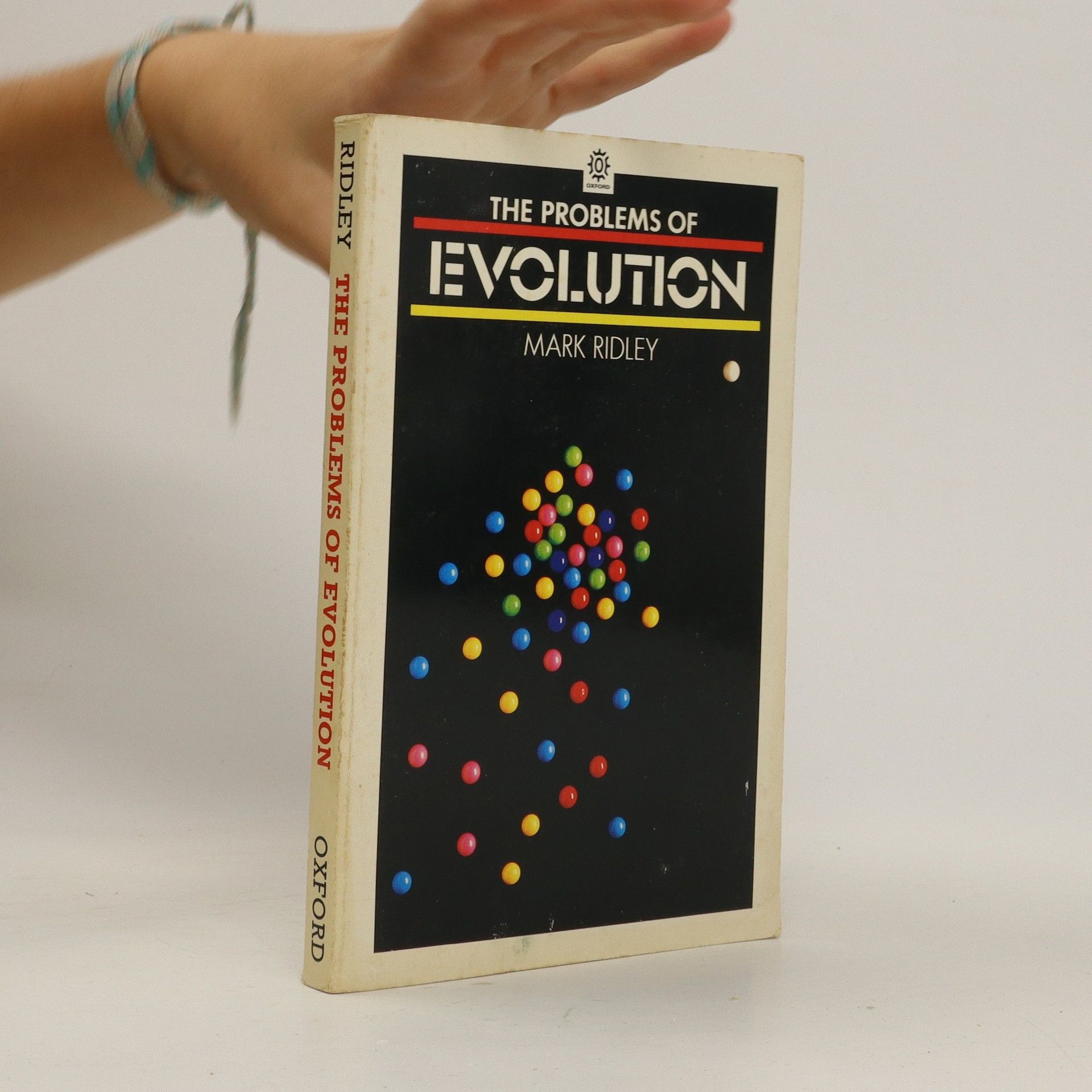Mark Ridley Bücher





This book sets out to do for evolution what Bertrand Russell's The Problems of Philosophy did for that subject. Its authors is a leading evolutionary biologist, and unlike many popular books on evolution, it isn't written to prove a particular theory. Instead it reviews the key problems andthe main answers to them, in a balanced account which is also authoritative. It will be an invaluable guide to all students of biology, but the clarity of the arguments and the level of writing make it an excellent introduction for general readers as well. Among the concepts and controversiesdiscussed are the nature of heredity, evolution, natural selection, and the existences of species.
How to Read Darwin
- 128 Seiten
- 5 Lesestunden
The book delves into Darwin's seminal works, particularly "On the Origin of Species" and "The Descent of Man," while also exploring his lesser-known writings on various topics, including emotions, flower pollination, and animal domestication. By examining these diverse subjects, the author aims to provide a comprehensive understanding of Darwin's contributions to science and his insights into nature's complexities.
Richard Dawkins
How a scientist changed the way we think.
Explores the impact of Richard Dawkins as scientist, rationalist, and one of the most important thinkers. Written by leading figures from science, philosophy, literature, and the media, this book reflects on the breadth and range of Dawkins' contributions to science and public debate, from evolutionary theory and artificial life to rationalism.
This anthology contains extracts from more than 60 scientific papers, by authors such as Stephen Jay Gould, Richard Dawkins, Francis Crick and Jacques Monod. It starts with Charles Darwin, but concentrates on modern research, including genomics. The extracts are organized in sections, enabling the reader to sample a range of views on each topic, and have been chosen for their readability as well as their scientific importance.